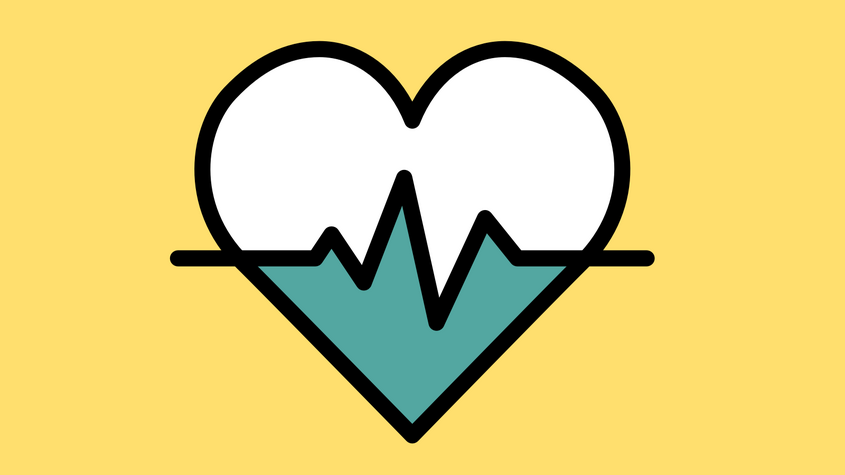Ensuring the health of women and girls
Women's healthcare needs differ from men's, something which is often insufficiently addressed. Women and girls frequently experience restricted access to health services due to gender-specific discrimination.
LGBTIQ* people are particularly affected by multiple discrimination. Major action is therefore needed to improve the situation for women, girls and LGBTIQ* people.
Main topics:
Health potentials of greater participation of women:
Anteil von Frauen am weltweiten Gesundheitspersonal (Kopie 1)
Gesundheitspersonal
- Women
- Men
Women make up 70 percent of the global health workforce.
The low participation of women and LGBTIQ* people in key social and political decision-making processes means their health needs are often not sufficiently considered, understood and addressed. High, gender-specific health risks are the outcome,
- for example, maternal mortality, which could be significantly reduced by improved healthcare.
- When women are empowered and actively participate in social and political life, they can ensure that they are adequately protected against disease and other health risks. Greater female participation has been shown to positively impact on health-related infrastructures such as drinking water supplies. x
- Gender-based norms and stereotypes are harmful to health.
Sexual and reproductive health and rights
Sexual and reproductive health and rights (SRHR) are human rights. SRHR covers every area of sexuality and reproduction and includes access to
- information and counselling,
- sex education,
- family planning,
- prevention of sexually transmitted diseases,
- gender-based violence,
- comprehensive, high-quality care during pregnancy and childbirth.
When SRHR is widely acknowledged and addressed, the entire population's health is positively impacted by, for example, reducing maternal and infant mortality.
WASH
Access to water, sanitation and hygiene (WASH) is also a recognised human right and is part of SDG 6 in the 2030 Agenda.
Poor WASH conditions have a particularly adverse effect on women and girls.
- In the majority of households without drinking water, women and girls are responsible for the time-consuming and exhausting task of fetching water.
- And it is women and girls who are especially dependent on water and hygiene facilities due to menstruation, pregnancy and the care of sick family members and small children.
- Inadequate sanitation raises the risk of women and girls experiencing gender-specific and sexualised violence due to even basic precautions being difficult or impossible.
Due to their social role as care givers, women are particularly affected by health crises such as the COVID-19 pandemic. Women make up 70 percent of the world's health workers battling at the pandemic front. Such a disproportionate representation means women are key actors with indispensable expertise on overcoming the crisis.
Footnotes
- Source: UN Water (2006) Gender, Water and Sanitation A Policy Brief
